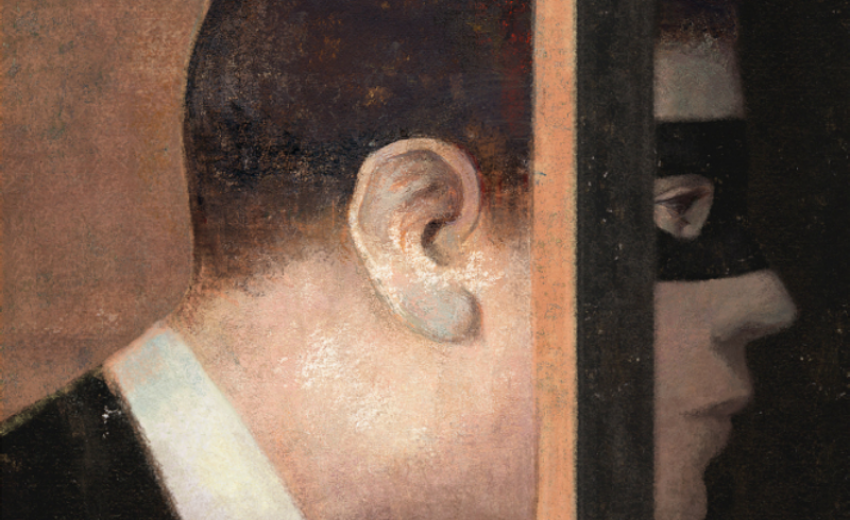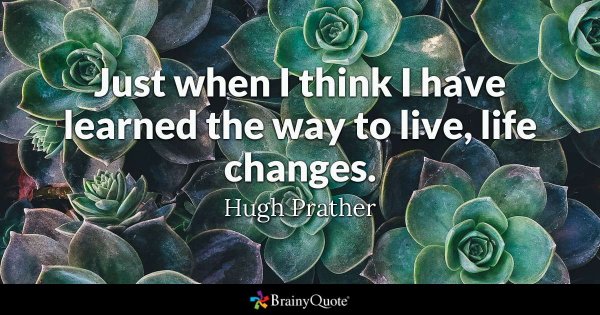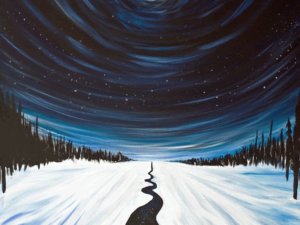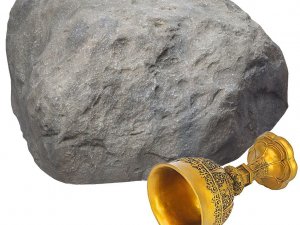The most learned are often the most narrow minded. ~ William Hazlitt
***
Data, information, knowledge and wisdom are all different, though many people erroneously use these terms interchangeably.
Data is a raw bit, a fact or figure. When data is stringed together and provided in some context it becomes information. Knowledge is the understanding of what that information can be used for to initiate action and achieve outputs and results.
All text books, publications and media can only provide us data and information. It usually requires much personal experience or effort or a committed teacher to help someone acquire knowledge.
So our entire modern education system is primarily focussed on acquiring second hand facts, and opinions, and then regurgitating them. This is why people with big degrees are incorrectly considered as being intelligent.
Our schools and colleges deliver mass education A system geared primarily to provide and to test the memory retention of data and information.
Organised religions teach morality, prayers and rituals, again this is data and information.
This cramming, makes people believe they are learned and gives individuals the false notion that they know much, if not everything.
That is why we witness the most arrogant people amongst those in academia and in the religious order. They have much data and information and little knowledge and rarely any wisdom.
Wisdom is the understanding and manner we demonstrate in the application of knowledge to the right people, at the right place, time and manner. for the right purpose.
Society has no way to measure wisdom though there are limited ways to test some specific knowledge and numerous ways to test people on their data and information storage and recall capacity.
The learned are the ones who have been schooled or indoctrinated. The knowledgeable are the ones who have implemented and awakened. The wise possess the knowledge, and evolve to understand deeply both themselves and others and the appropriate application of the subject.
Whenever one feels very learned, it helps to ask oneself,
'Do I just have data, or information, am I knowledgable or wise?'
___________
William Hazlitt (1778 - 1830) was an English writer, drama and literary critic, painter, social commentator, and philosopher. He is considered amongst one of the great critics and essayists in the history of the English language, He is also acknowledged as the finest art critic of his age.







